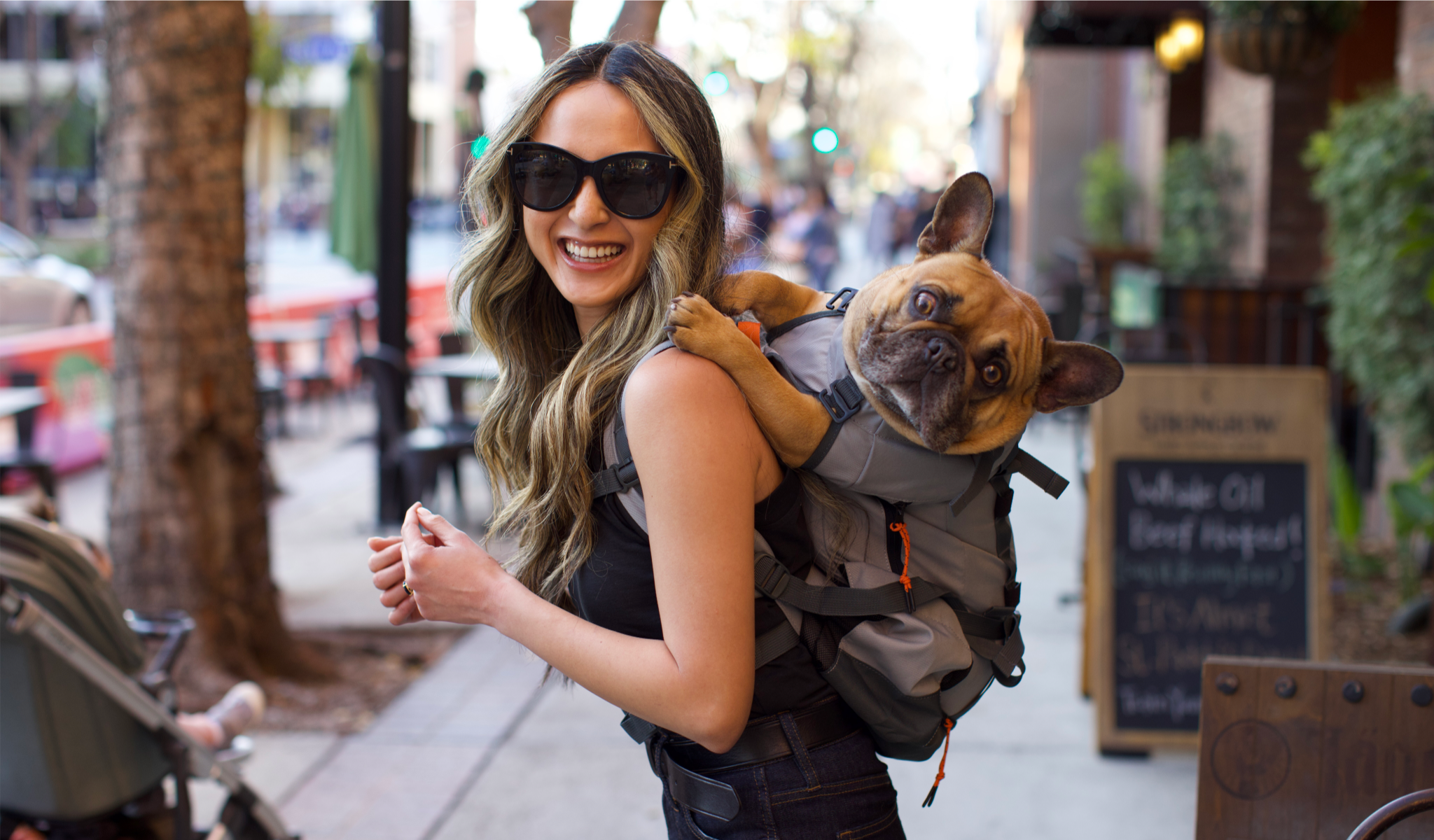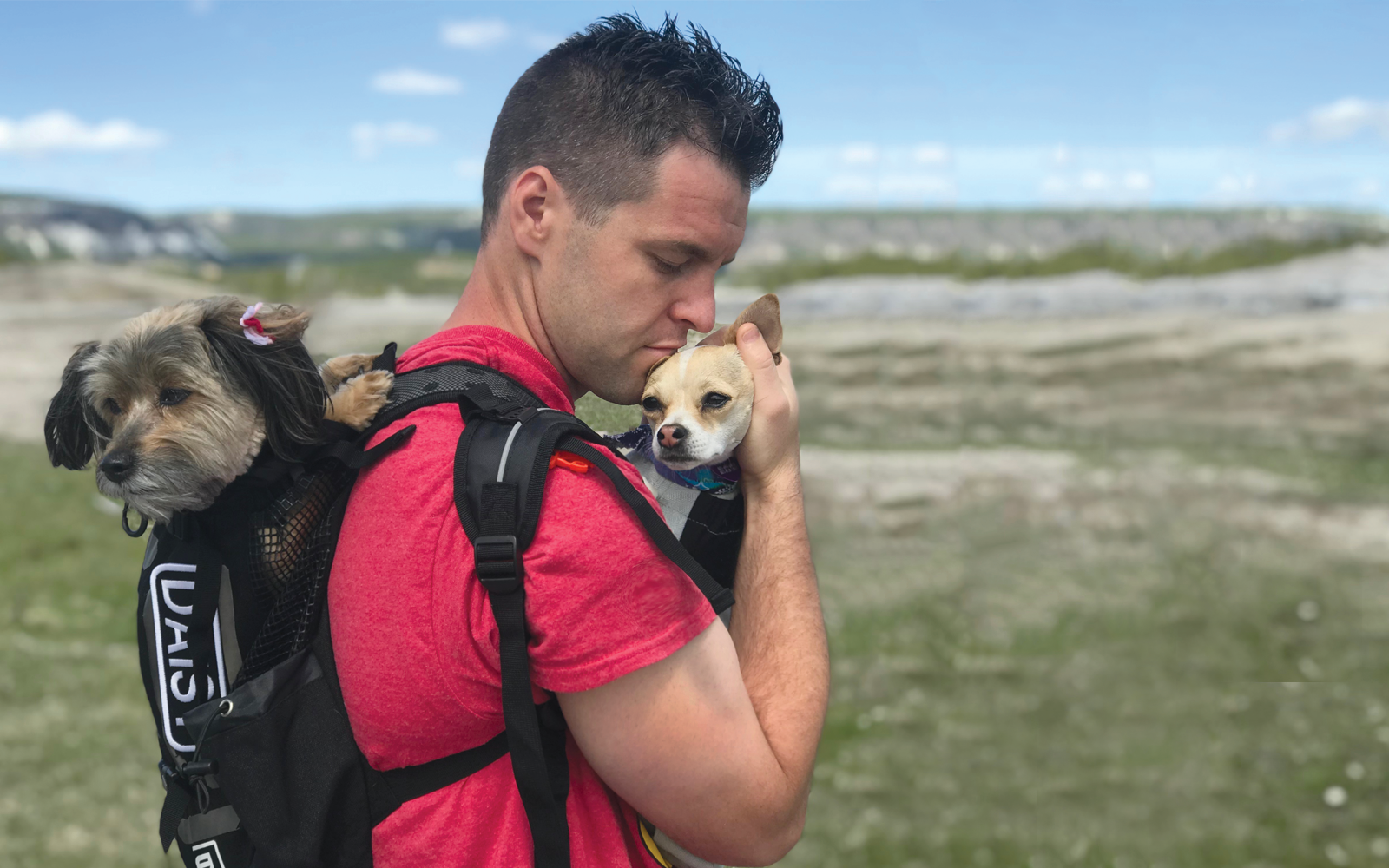Social Creatures
Check out our furry friends in the wild.


Special Edition Checkered Plus 2
Quantities are limited, act fast!
Check out our furry friends in the wild.

Your purchase doesn't just improve life for you and your doggo...it improves the lives of many more waiting to find their forever homes.

FETCH YOUR FIRST DEAL
Join our mailing list and get 10% off your first order! Plus, you'll be the first to know about new products, discounts, and doggone good information.